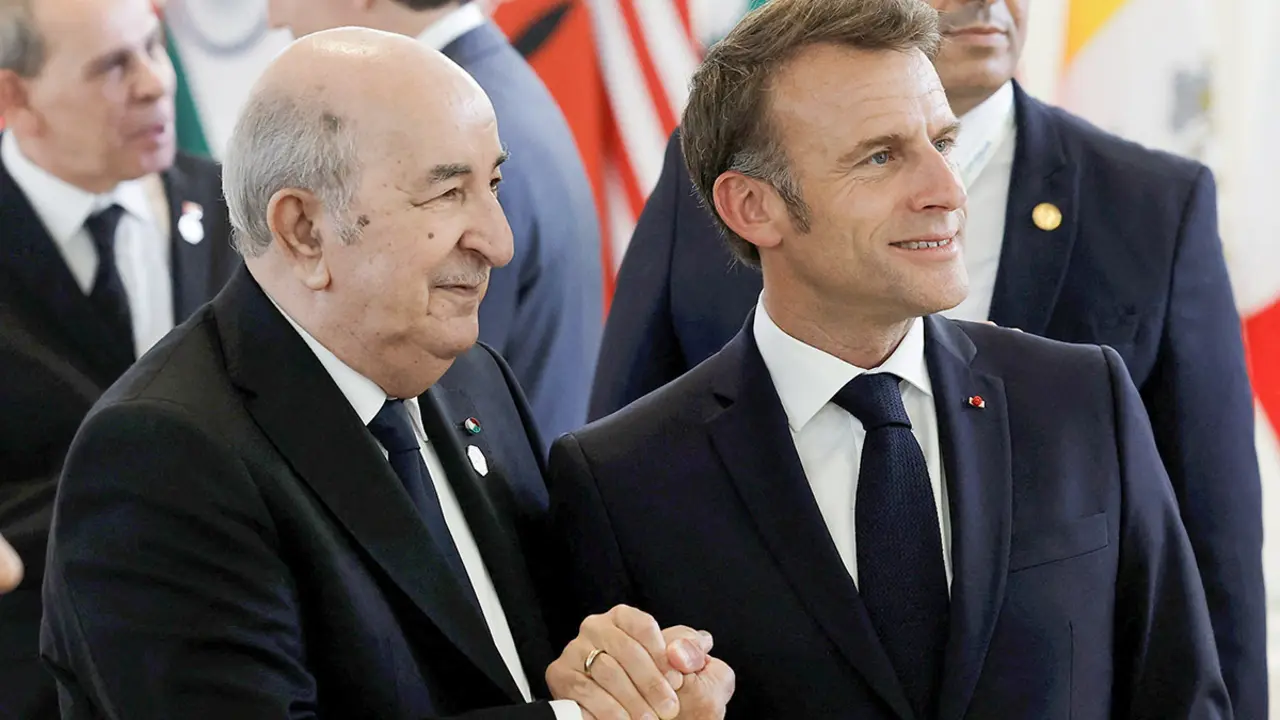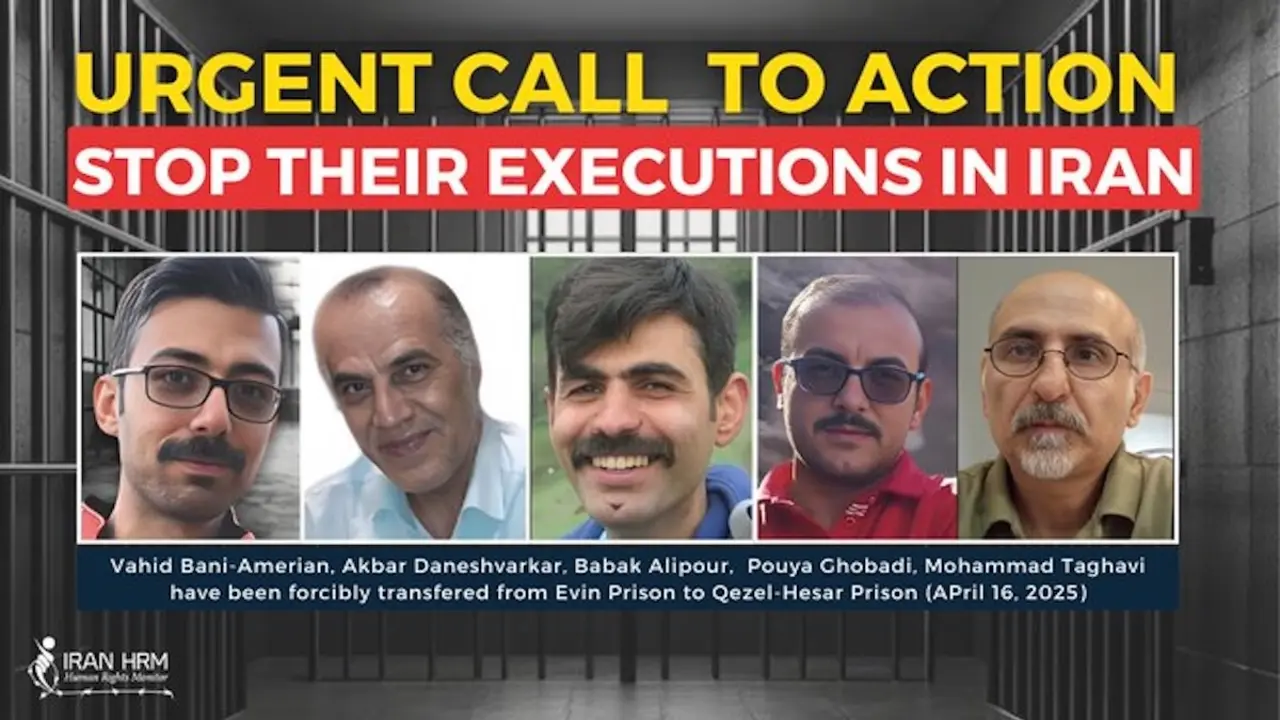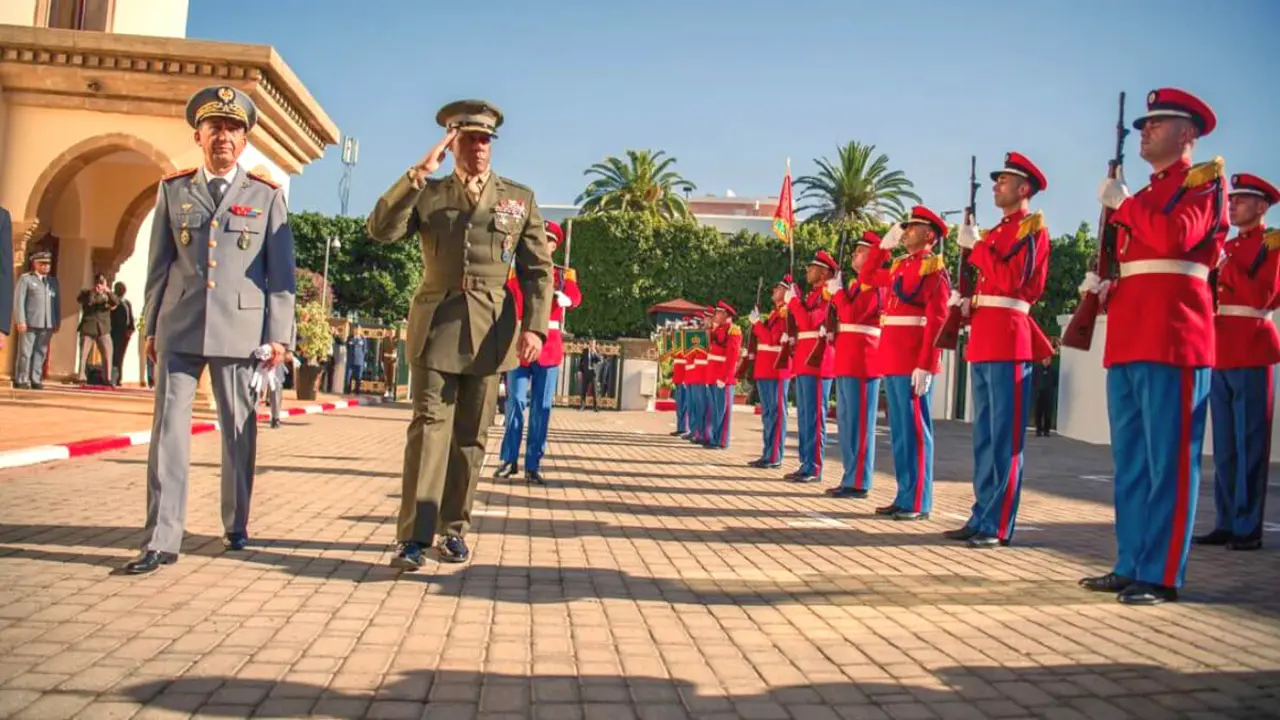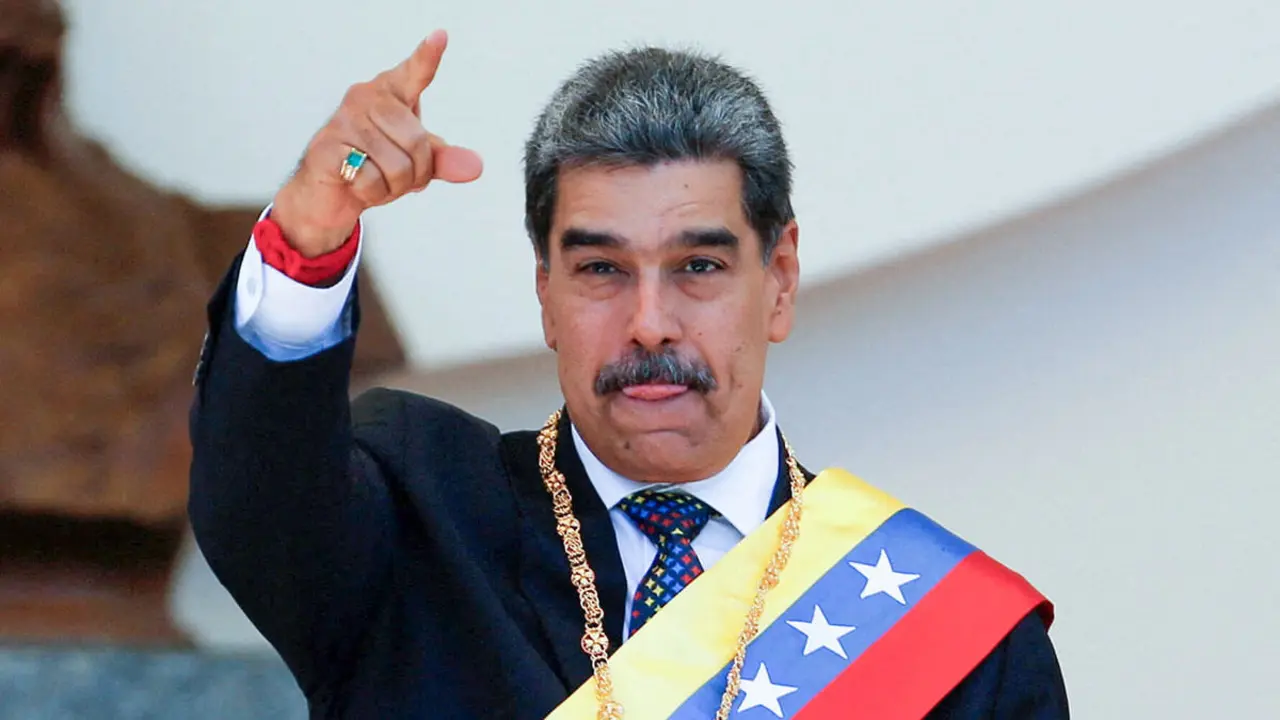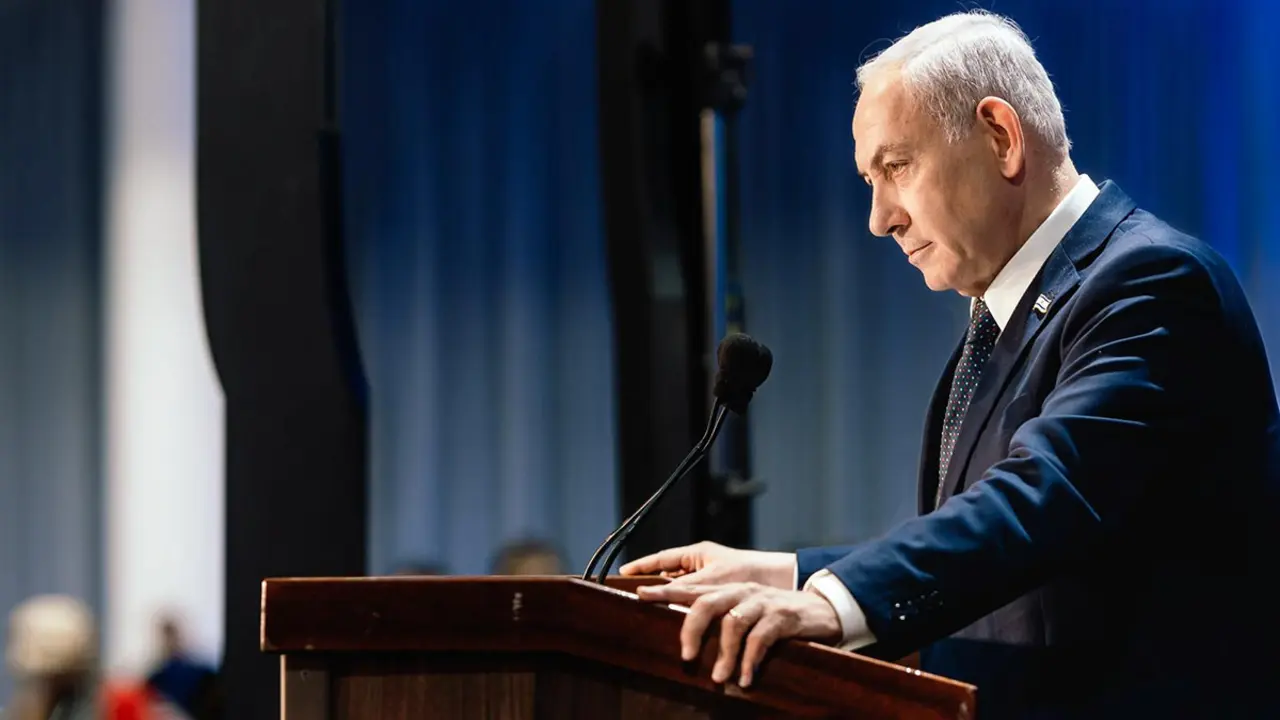The flow of oil tankers from Iran to Venezuela continues

The Islamic Republic of Iran continues to evade the sanctions imposed by the United States, which are mainly focused on Iranian oil trade on account of the breaches of the nuclear pact, and continues to send oil tankers to Venezuela, a country that is also struggling with embargoes imposed by the American giant against the Chavista regime of Nicolas Maduro.
The Persian country continues to defy the US sanctioning measures by sending new oil tankers to Venezuelan ports. A large Iranian fleet is already scheduled to be sent to the Latin American country. In fact, the Iranian ship Ndros, the first of the formation, arrived on Sunday at the Venezuelan port of José and is preparing to load 1.9 million barrels of oil. This Persian detachment is defying US sanctions in an attempt to assist Nicolas Maduro's regime in overcoming a major fuel shortage in the Caribbean nation.
As indicated by Bloomberg media, some of the flotilla of about 10 Iranian vessels will also help export Venezuelan crude after discharging fuel, in a secret transaction. The Nicolas Maduro regime is widening its reliance on Iran as an ally of last resort after even Russia and China have avoided challenging the U.S. ban on trade with Venezuela.

Venezuela is experiencing a serious crisis in fuel and supplies of all kinds of products, including basic necessities, following the criticised management of Nicolás Maduro's government, which is accused of corruption and mismanagement of the national economy, including the jewel in the crown, the state oil company PDVSA.
The country that was once a top supplier of crude to the U.S. and boasted one of the lowest domestic gasoline prices in the world, now can barely produce any fuel. The last Iranian fuel shipments sent in early October on three vessels are running out, threatening steeper nationwide shortages with hours-long queues at gas stations.
The current fleet under sail is about double the size of the one that first startled international observers in May, crossing a Caribbean Sea patrolled by the U.S. Navy. “We’re watching what Iran is doing and making sure that other shippers, insurers, ship owners, ship captains realize they must stay away from that trade,” Elliott Abrams, the U.S. special representative for Iran and Venezuela, said in September.

Several vessels that transported fuel to Venezuela earlier this year, including Fortune and Horse, turned off their satellite signal at least ten days ago, according to Bloomberg tanker-tracking data. Turning off transponders is a commonly used method by ships hoping to avoid detection. In other instances of Iranian aid to Venezuela, ship names were painted over and changed to obscure the vessel’s registration.
In addition to importing fuel, Venezuela also needs to export enough crude oil to free up storage space and prevent field stoppages, a task made more difficult by the sanctions against Maduro’s regime. Production at Venezuela’s network of six refineries has gone into steady decline, with spills and accidents becoming routine.
Maduro’s government has increased pressure on the poorly-maintained infrastructure to ensure output for local consumption. Sanctions have made it difficult to import parts or hire contractors, and the Maduro regime is running out of cash.
Consequently, the two nations are also discussing ways for Iran to help Venezuela overhaul its Cardon refinery, the last fuel plant there to operate more or less regularly, according to various sources.

In 2018, Chinese oil companies also looked at helping Venezuela fix its refineries, but lost interest after a review of the installations, people familiar with those plans said.
It’s unclear whether the Iranians would be able to achieve what the Chinese didn’t. Venezuela’s refineries were built and operated for decades by U.S. and European oil majors until nationalization in the 1970s. Even then, PDVSA relied on U.S. technology and parts for maintenance and expansions. This means the Iranians will need to make certain parts from scratch to carry out key repairs. Some fixes made in June and July haven’t been successful yet and four local contractors are still conducting repairs, as provided by Bloomberg.




